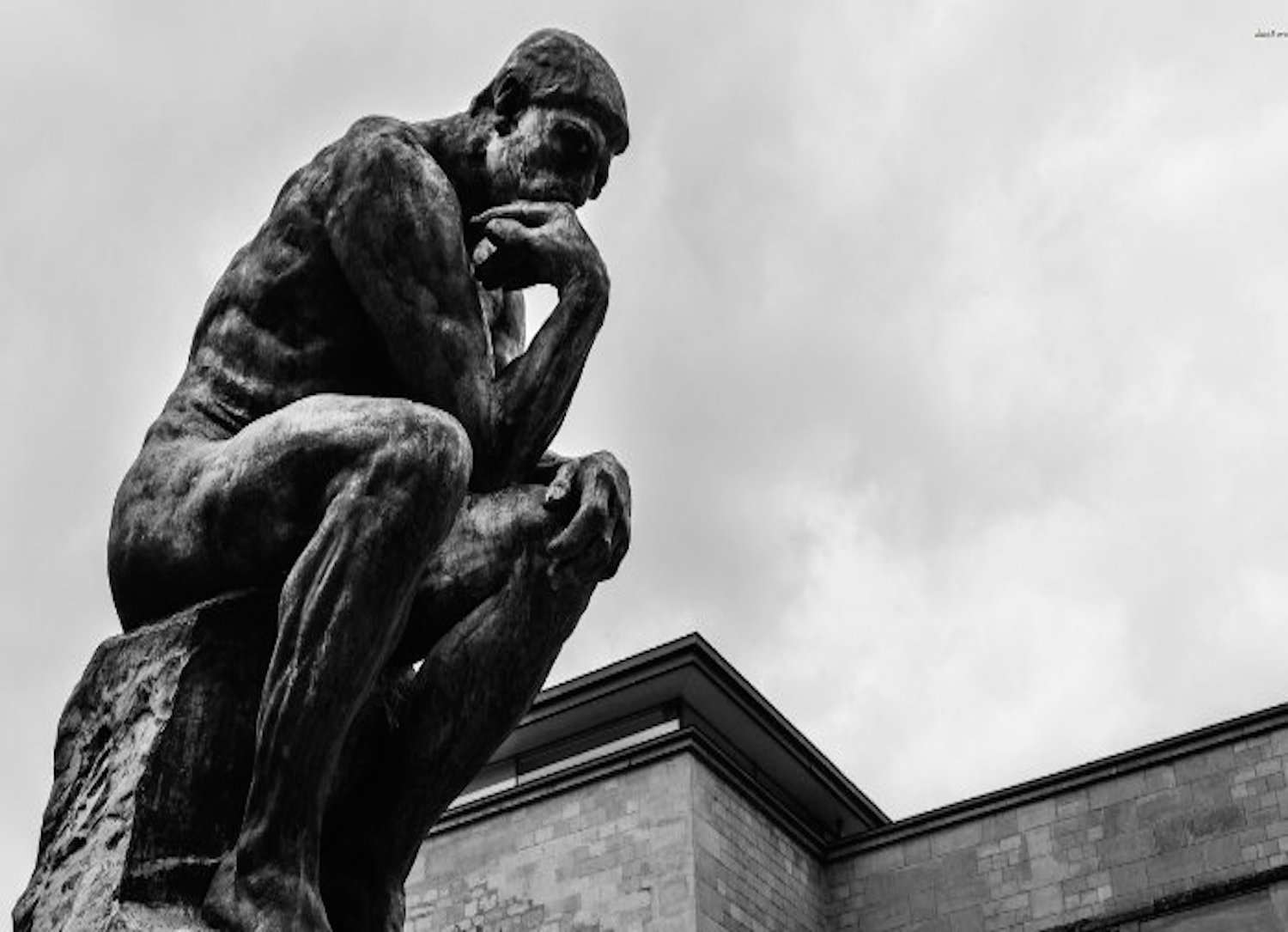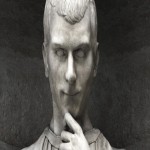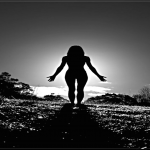The simplest ideas ironically tend to be the most difficult to absorb and practice. Oddly, ideas that have all sorts of complexities and twists and turns are easier to grasp, because they’re often concealed underneath flashiness and coolness.
For example, to say that the imagination is unlimited is quite the simple concept. “Imagination” isn’t the brain nor is it just housed in the brain, yet it’s accessible to us and allows us to create things in the world that didn’t exist. Where did the idea come from to make a painting or a building or a car? If it wasn’t already here, somehow we brought it here. That’s the imagination. Simple, right?
But when put into daily practice, we tend to impose numerous limits to this wonderful power. The limits are self-induced and allowed to become real by inner and outer influences. We say many times how much we can’t do something. Or, if someone shares a unique idea, the impulse is to shut it down because it sounds crazy or unrealistic.
The same can be said for knowledge and wisdom, a long-term confusion that has an undertone for every interaction, every facet of our lives. In the past, knowledge was treasured and wisdom idealized because of the effort it took to achieve high levels of both. In today’s environment, the Internet provides an almost unlimited resource for accumulating knowledge. Information is everywhere. There is barely a struggle to become “knowledgeable” if the seeker truly wants to attain it.
But wisdom….now this is a deficit that remains despite the rapid knowledge-building of the digital 21st century.
How is it that we have so much knowledge at our disposal yet still lack wisdom?
This must mean that knowledge is not the same as wisdom.
If knowledge is the possession of information, then wisdom is the guiding head that understands how to put that information to the highest use.
A knowledgeable person can own the best book on losing weight, can speak about the chapters, can memorize the facts.
A wise person knows how to apply the concepts in the book to herself and teach others how to do the same.
A knowledgeable person can build a car. A wise person knows how to build a car that can serve people and not punish the environment.
A knowledgeable person can study. A wise person can study and effectively teach.
From this view it should be no surprise why wisdom functions as the core capacity that imbues our choices with the highest aspirations. Without it, we’re like toddlers with a lot of toys and ignorant of how to actually apply them properly.
All to say, we should be striving to become wiser, not know-it-all. The wiser you are, the more you can accomplish with less available to you.
Go Inward. Wisdom comes from inside out rather than outside in, so it’s important to give some time to contemplation and quietude. The smoother your connection to your higher self, the easier wisdom flows from you.
Sharpen Intuition. This is the kind of instant understanding that doesn’t come from other people or things. Your intuition is a whole-body/mind experience that “hits” you when you’ve done enough contemplating. This is more of an instinctual experience, faster than rationalizing and going by steps. Practice becoming aware of when you have sudden urge to create or share an idea.
Seek Understanding Over Simply Knowing. When you understand something, it becomes a part of you, changes you from the inside out. You have an in-depth handle on the knowing that allows you to adapt it and apply in multiple situations. You become mature. A mature human is a wise human.







[…] favors the bold and the universe favors those who listen to its messages. It whispers wisdom in the wind. Shines insight by using the sun’s heat. Works through others to manifest […]
[…] I did “eat.” I was nourished not by material food, but the true food of the gods: knowledge and wisdom. A conversation, although not “tasty” in the physical sense of the word, can be […]
[…] Knowing, or knowledge [same as “science”] creates confidence and relaxation because trust in oneself develops from knowing our capabilities in a given situation. For this reason the temples of Ancient Egypt and other mystery schools are touched with the most important principle for us to adhere, “Know Thyself.” […]
[…] with Time and Health, Wisdom and Knowledge comprise wealth elements, and I encourage you to increase appreciation for the access to knowledge […]
[…] emphasis on accumulating right knowledge here over just knowledge. There is such a thing as false knowledge meaning…knowing something but that information is incorrect or […]